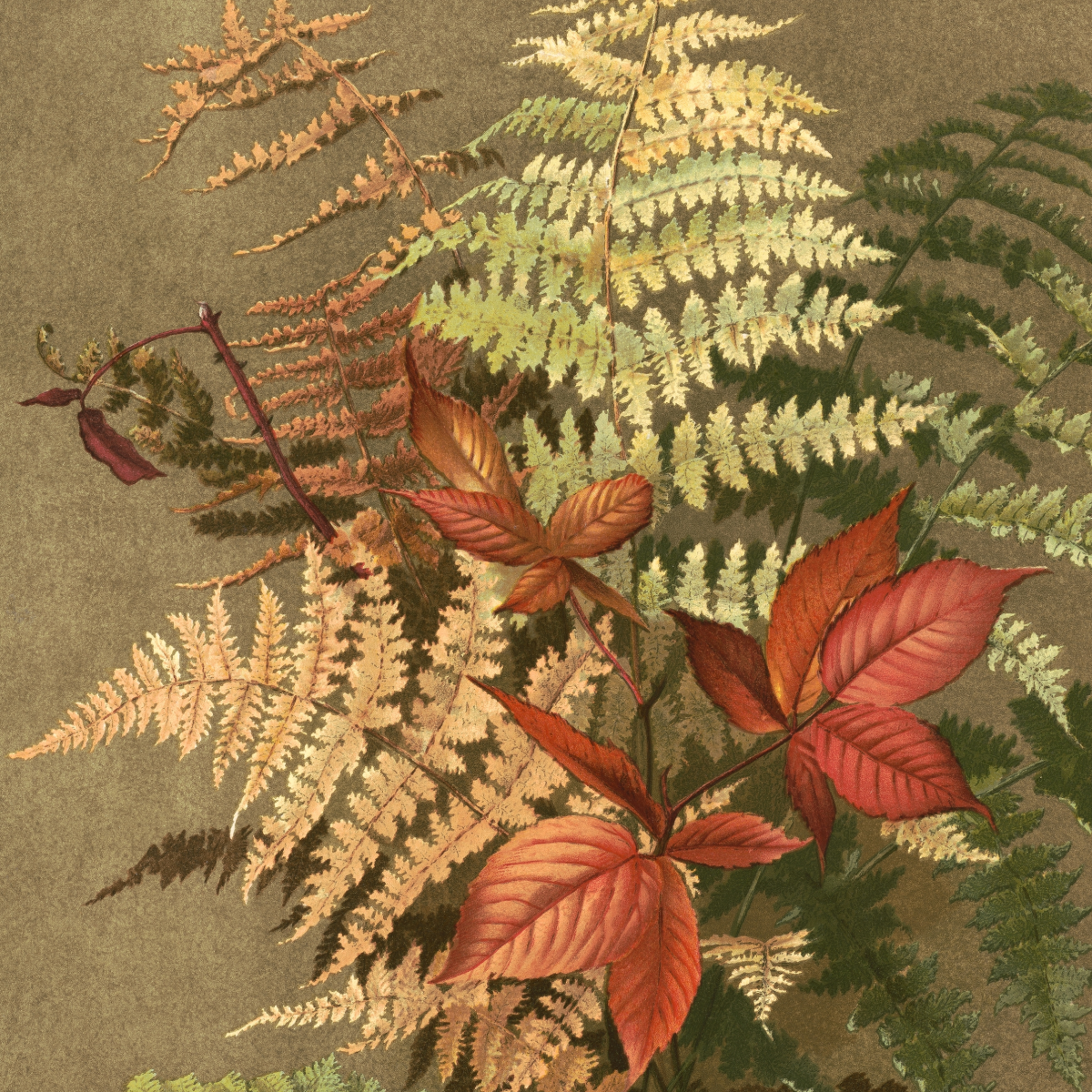As I perform research for my various writing projects, I realize that I tend to think of folklore as legends and myths pertaining to the past. I also gravitate toward folklore presented within stories and tales because that is how it was first introduced to me.
Yet there is a timeless quality to folklore. Folklorists today often challenge the belief that folklore pertains to “old” or “untrue” traditions. Additionally, current and popular beliefs and culture are now included when explaining what folklore is composed of.
Broader Definitions of Folklore
The definition of folklore has broadened to include many aspects of culture that may not initially be perceived as folklore. The American Folklore Society introduces the topic of folklore in this manner:
Folklore is our cultural DNA. It includes the traditional art, stories, knowledge, and practices of a people. While folklore can be bound up in memory and histories, folklore is also tied to vibrant living traditions and creative expression today. Folklore adapts, and folklore endures.
Additionally, the American Folklore Society offers a page on their website where they explore the definition of folklore by providing a variety of quotations by folklorists. For example, Martha C. Sims and Martine Stephens offer the following description:
Folklore is many things, and it’s almost impossible to define succinctly. It’s both what folklorists study and the name of the discipline they work within. Yes, folklore is folk songs and legends. It’s also quilts, Boy Scout badges, high school marching band initiations, jokes, chain letters, nicknames, holiday food…and many other things you might or might not expect.
I like the idea that we are creating and participating in folklore in our everyday lives. It makes folklore more tangible and accessible, less distant.
A Layered Definition
I also relate to the following definition provided by Barbro Klein. It is more academic, but it covers a lot of ground:
‘Folklore’ has four basic meanings. First, it denotes oral narration, rituals, crafts, and other forms of vernacular expressive culture. Second, folklore, or ‘folkloristics,’ names an academic discipline devoted to the study of such phenomena. Third, in everyday usage, folklore sometimes describes colorful ‘folkloric’ phenomena linked to the music, tourist, and fashion industries. Fourth, like myth, folklore can mean falsehood.
This definition reminds me that folklore is not just multifaceted in the topics it covers, but that the word itself holds many layers of meaning.
A List to Define Folklore
Finally, London-based The Folklore Society includes the following as folklore:
…ballads, folktales, fairy tales, myths, legends, traditional song and dance, folk plays, games, seasonal events, calendar customs, childlore and children’s folklore, folk arts and crafts, popular belief, folk religion, material culture, vernacular language, sayings, proverbs and nursery rhymes, folk medicine, plantlore and weather lore.
It seems that there are as many different ways to define folklore as there are folklorists. The American Folklore Society explains that this is because it is a large and complex field of study, influenced by each folklorist’s expertise and interests.
Art credit: Autumn Ferns (1887) chromolithograph art by Ellen T. Fisher via rawpixel, licensed under CC0




